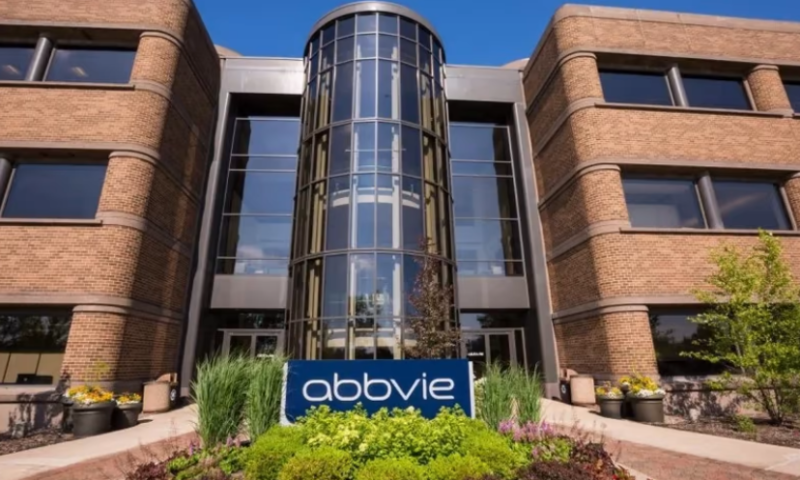AbbVie and Genmab have posted more clinical data on their potential blockbuster rival to Roche’s newly approved Lunsumio, linking the bispecific epcoritamab to a 39% complete response rate that fell away somewhat in patients previously treated with a CAR-T therapy.
In April, AbbVie and Genmab revealed the headline findings from the study of patients with relapsed or refractory large B-cell lymphoma. The overall response rate in the 157 recipients of the CD20xCD3 biospecific epcoritamab came in at 63%, and the median duration of response was 12 months. With the response rate down on the result seen in the dose-escalation part of the study—and some subjects suffering grade 3 cytokine release syndrome (CRS)—analysts were waiting on the full data for pointers to the competitiveness of epcoritamab.
AbbVie and Genmab shared additional data as part of a late-breaking oral presentation at the European Hematology Association (EHA) annual congress. The presentation revealed that 39% of recipients of the bispecific antibody had complete responses. Almost 90% of complete responders were yet to relapse at nine months, meaning that subpopulation was yet to reach the median duration of response.
The researchers divided the overall population up based on whether the patient had previously received a CAR-T cell therapy. In the CAR-T-naive population, the overall and complete response rates were 69% and 42%, respectively. The overall and complete response rates in patients who had previously received a CAR-T cell therapy were lower at 54% and 34%, respectively.
On the safety front, the EHA presentation provided additional information about the 2.5% of participants who suffered grade 3 CRS. The events mainly occurred after the first full dose, with a median onset of 20 hours after subcutaneous injection and median resolution of 48 hours. One person discontinued because of CRS. The grade 3 CRS cases could hinder efforts to use safety data to differentiate epcoritamab.
Another patient suffered grade 5 immune effector cell-associated neurotoxicity syndrome (ICANS). That was the only treatment-related death in the study. The other nine cases of ICANS were either grade 1 or grade 2.
The details of the safety and efficacy data could determine whether epcoritamab can rack up the $2.75 billion peak sales forecast by analysts at Jefferies in a competitive space. Roche landed the first approval for a CD20xCD3 bispecific earlier this month, picking up European authorization in follicular lymphoma patients, and Johnson & Johnson and Regeneron are working on similar molecules.
AbbVie secured its spot in the race in 2020 as part of a deal with Genmab that saw it pay $750 million upfront and commit up to $3.2 billion in milestones. The partners outlined plans to talk to regulators about the next steps after reporting top-line data in April.

